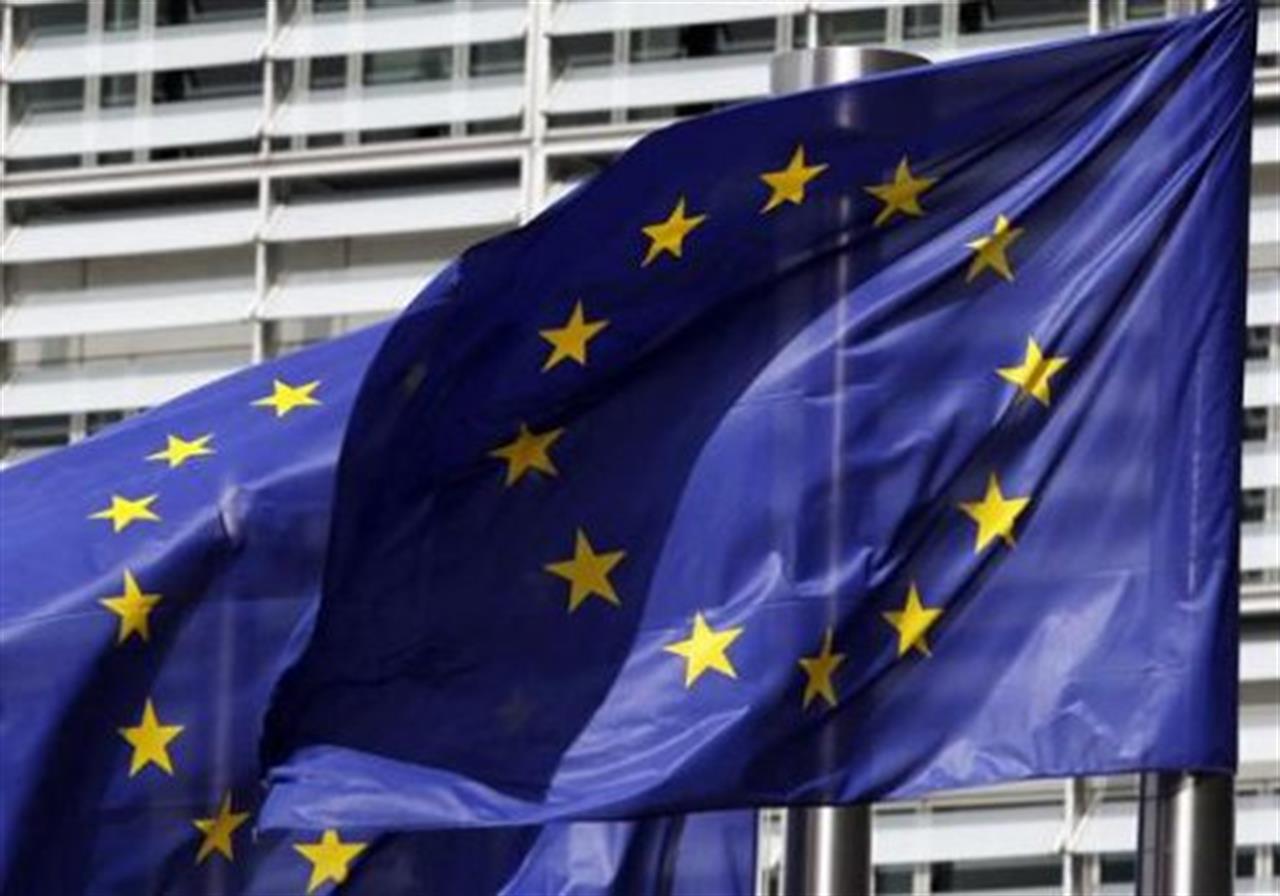Some weeks ago the European Union was awarded the Nobel Peace Prize for 2012. This decision came as a surprise to all of us, average citizen, as we were accustomed to seeing the Nobel Prize being awarded to someone who had risked for Peace, Democracy and Liberty.
The Norwegian Nobel Committee explained this decision by remembering the six decades of “contribution to the advancement of peace and reconciliation, democracy and human rights in Europe”. They also talked about the reconciliation between France and Germany, which has became a reality since 1945, the birth-date of the European project.
However I think that this award is a strategic one. Today we are facing some problems in the European Union – the aim to unity and equality has diminished, Europeans do not trust the Union as much as they did before, the economic struggle is bringing down the common efforts of keeping together the European states.
Nonetheless, today we are not talking about the risk of war for military and political supremacy in Europe, but about the risk of a war between nations, for economic reasons. Being all economies so interconnected, if you attack one economy, you ruin yourself.
Europe has some problems nowadays with the unity of vision, both economic and political. There is a a two-speed Europe, where some countries are making the laws, and the others are just respecting them. This does not take us to a peaceful climate!
We do not question the role of the European Union in helping to get rid of the division between East and West. We do not question the fact that the European Union has helped some ex-communist countries regain their self-confidence and become economically powerful countries. The best example of this is Poland, the only country which is not affected by the recession. But I do ask myself how could the EU be awarded the Nobel Peace Prize when at the same time some countries are struggling to survive in EU. The Euro zone is struggling to survive, the euro-skepticism is increasing in some countries and the trust in European politicians and policy-makers is diminishing completely.
The world is changing. China, India and Brazil are becoming more and more powerful and are leaving the European Union behind. We can say that the United States and Russia are making policies in their own interest. The European Union is becoming somehow isolated. The Brussels bubble neither brings us on the global political scene nor makes European citizens confident about the European model.
The
European Young Leaders ‘40 under 40’, a reunion of young representatives of the European countries took place recently, bringing together 40 people with different backgrounds and nationalities to discuss about the European struggle to survive and accept that the European Union is at risk since 2008 due to the economic, political and social aftershocks of the global financial crisis.
The conclusions of this seminar are shared by others European citizens. Today we are talking too much in terms of nationalism. The EU does not mean belonging to a different culture from ours: it means we are brought together, to share our cultures, not to lose our identities.
The increasing talk about nationalism is helping the euro-skepticism grow and become a weapon for destroying the European aims. The challenge is to make European citizens understand that, if Europe is united and has the same aims, every single part of Europe will benefit and will develop, without losing the aim to individualism, to national and cultural identity.
I think everyone should be proud of this Nobel Prize, because it means that the initial requests of developing the European Union were not forgotten. It is also an alarm signal to political leaders, who should understand that being together in a European unity is the best we can do for keeping the world at peace.
By Ana-Maria, a member of the External Writing Team at ThinkYoung, the first think tank concerned with young Europeans. Ana-Maria, 19, is from Romania and is studying International Relations. Although ThinkYoung is her first experience of e-civic participation and journalism, she is eager to understand the way external policies are working and to work in diplomacy one day.
Nessuno ti regala niente, noi sì
Hai letto questo articolo liberamente, senza essere bloccato dopo le prime righe. Ti è piaciuto? L’hai trovato interessante e utile? Gli articoli online di VITA sono in larga parte accessibili gratuitamente. Ci teniamo sia così per sempre, perché l’informazione è un diritto di tutti. E possiamo farlo grazie al supporto di chi si abbona.

